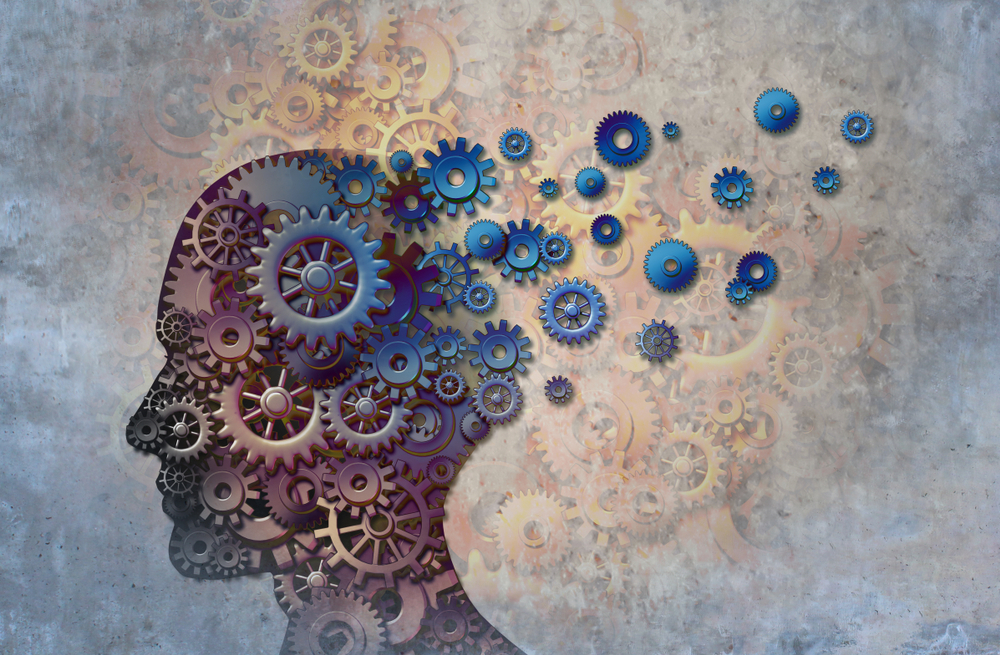Above dementia
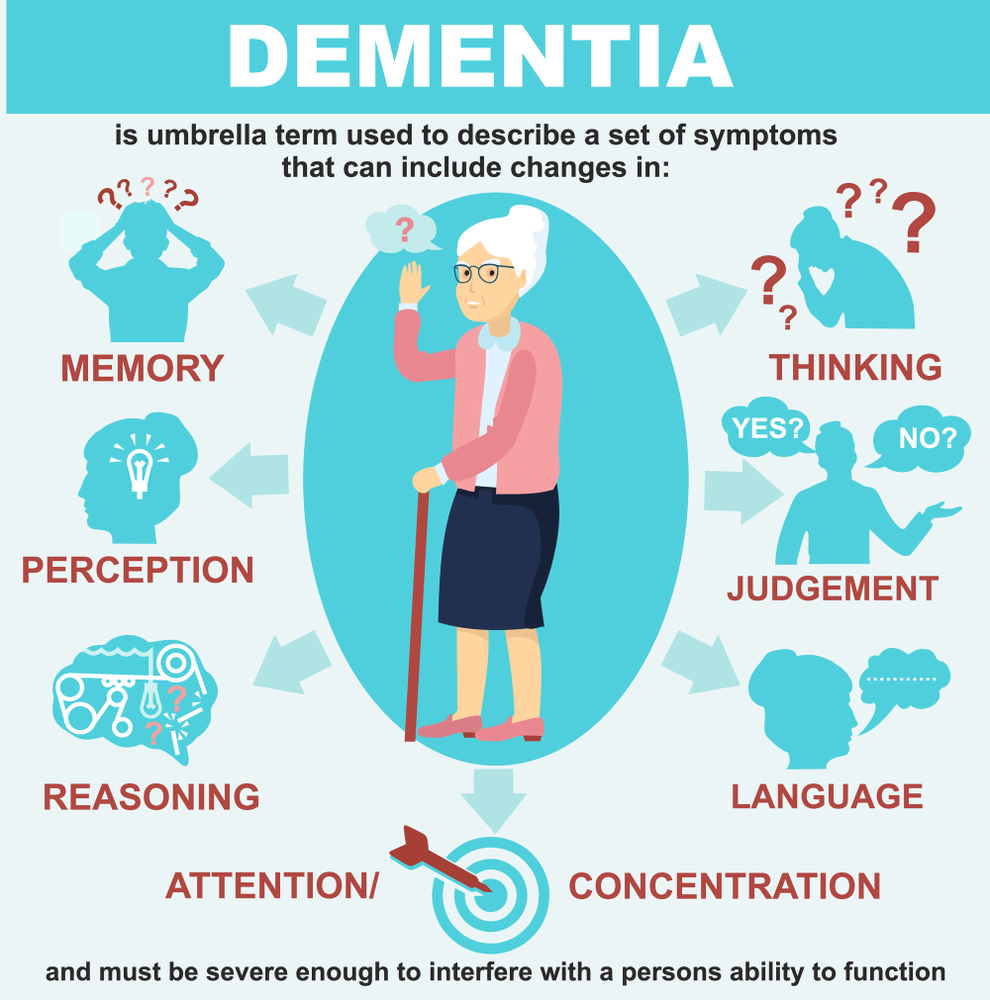
What exactly is dementia? Causes, symptoms, and prognosis. It is a broad term that refers to the loss of memory and other abilities. It is not a single disease; rather, it is an umbrella term that encompasses a wide range of specific medical conditions, including Alzheimer’s disease. The abnormal brain changes that cause the disorders grouped under the umbrella term “dementia” cause them. These changes cause a decline in thinking skills, also known as cognitive abilities, which are severe enough to interfere with daily life and independent function. They also have an impact on behavior, emotions, and relationships.
Alzheimer’s disease is responsible for 60-80% of cases. Microscopic bleeding and blood vessel blockage in the brain, cause vascular dementia, the second most common cause of dementia. Mixed dementia occurs when people experience brain changes associated with multiple types of dementia at the same time. There are numerous other conditions that can cause dementia symptoms, including some that are treatable, such as thyroid issues and vitamin deficiencies.
Dementia is frequently referred to incorrectly as “senility” or “senile dementia,” reflecting the previously widespread but incorrect belief that serious mental decline is a normal part of ageing.
Memory loss and other symptoms
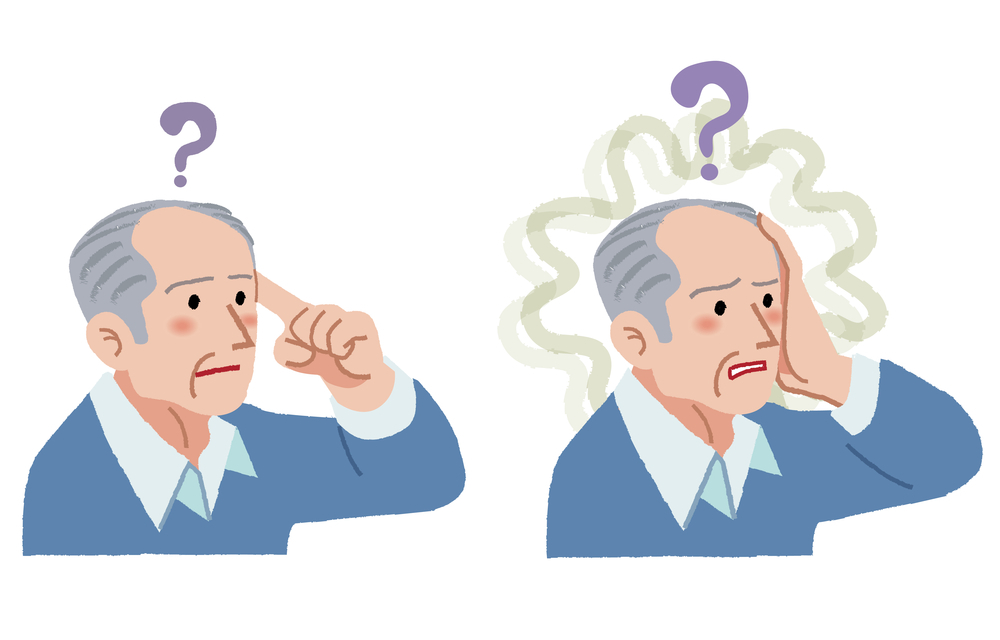
Symptoms can vary greatly. Here are some examples:
Short-term memory problems.
Keeping track of a wallet or purse.
You have to pay the bills.
Meal planning and preparation
Keeping track of appointments
I’m leaving the neighbourhood.
Many diseases are progressive, which means that the symptoms of dementia appear gradually and worsen over time. Don’t ignore memory problems or other changes in thinking skills if you or someone you know is experiencing them. Discuss with your doctor to know the cause. A professional examination may uncover a treatable condition. Even if symptoms suggest dementia, early diagnosis allows a person to get the most out of available treatments and gives them the opportunity to participate in clinical trials or studies. It also gives you time to think about the future.
Causes
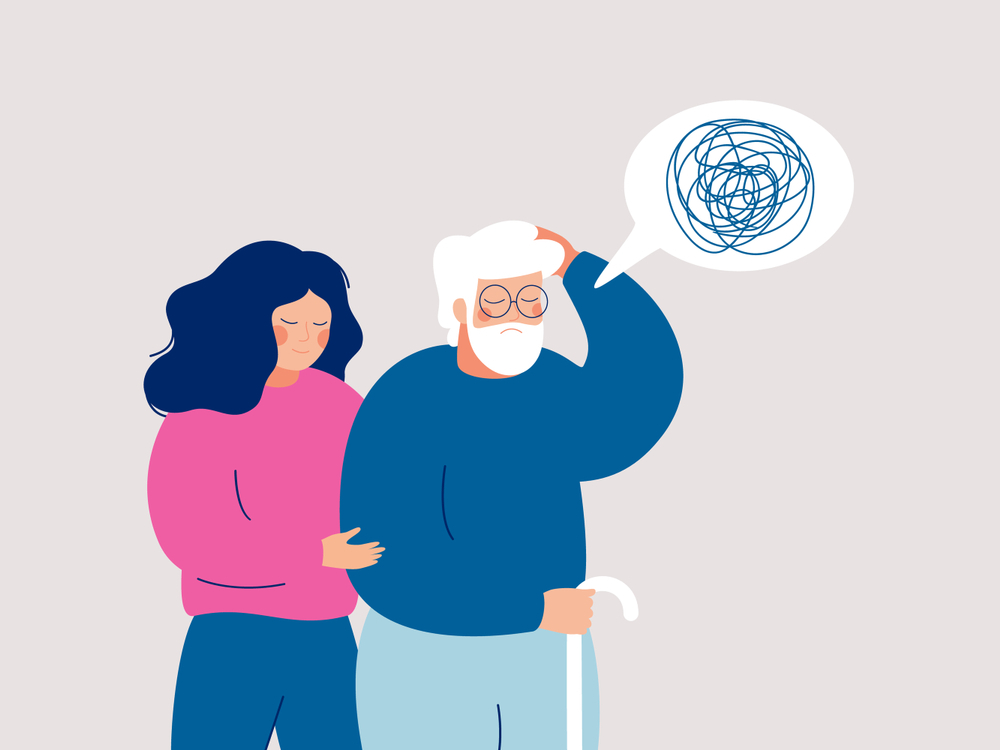
Causes are cell damage to the brain. This damage impairs brain cells’ ability to communicate with one another. When brain cells are unable to communicate normally, thinking, behavior, and feelings can suffer.
The brain is divided into many distinct regions, each of which is responsible for a different set of functions (for example, memory, judgment, and movement). When cells in a specific region are damaged, that region is unable to function normally.
In specific areas of the brain, different types of dementia are associated with certain types of damage in the brain cell. High levels of certain proteins inside and outside brain cells, for example, make it difficult for brain cells to stay healthy and communicate with one another in Alzheimer’s disease. The hippocampus is the center of learning and memory in the brain. Brain cells in this region are frequently the first to damage. As a result, memory loss is frequently one of the first symptoms of Alzheimer’s disease.
While most changes in the brain that cause dementia are permanent and worsen over time, the following conditions may improve when treated or addressed:
Depression.
Side effects of medication
Excessive alcohol consumption.
Thyroid issues
Deficiencies in vitamins
Diagnosis
There is no single test that can determine whether or not someone has dementia. A careful medical history, physical examination, laboratory tests, and the characteristic changes in thinking, day-to-day function, and behavior associated with each type of dementia are used to diagnose Alzheimer’s and other types of dementia. Doctors have a high degree of certainty in determining whether or not a person has dementia. Determining the exact type of dementia is more difficult because the symptoms and brain changes of different dementias can overlap. A doctor may diagnose “dementia” without specifying the type in some cases. If this happens, you may need to see a specialist, such as a neurologist or psychiatrist, psychologist or geriatrician.
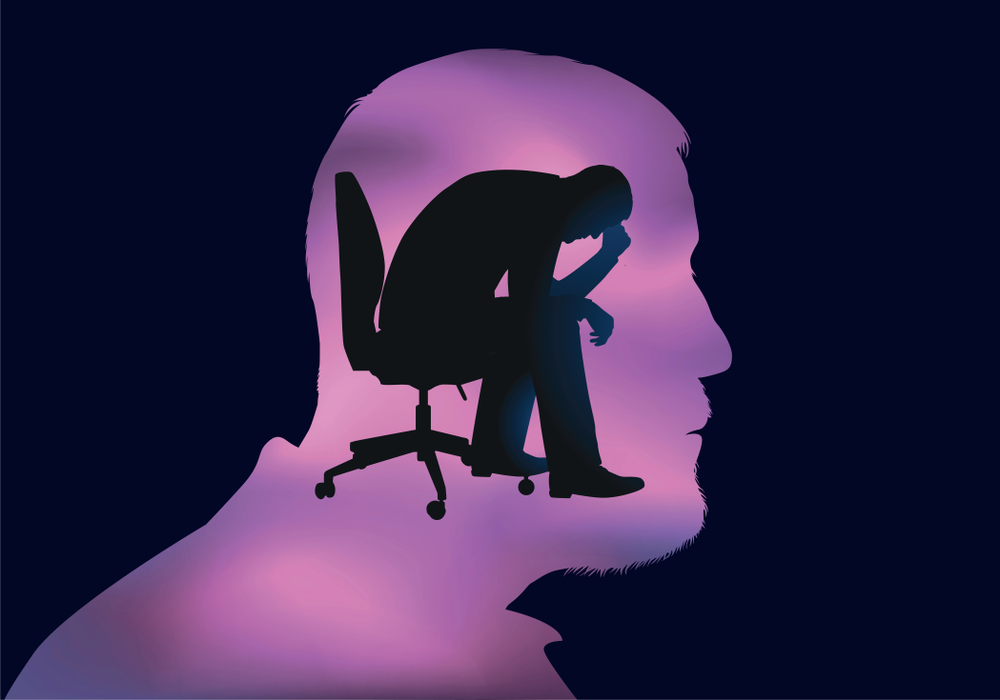
How sleep lowers the risk?
Sleep is not only good for your memory; it can also lower your risk of dementia — and even death. Although it has long been known that people with dementia frequently have poor, fragmented sleep, two new studies suggest that if you don’t get enough sleep, you’re more likely to develop dementia.
Each night, get six to eight hours of sleep.
In the first study, Harvard Medical School researchers examined the relationship between self-reported sleep characteristics in 2013 or 2014 and the development of dementia and/or death five years later in over 2,800 participants in the National Health and Aging Trends Study. Individuals who slept for less than five hours per night were twice as likely to develop dementia and twice as likely to die as those who slept for six to eight hours per night. This study took into account demographic factors such as age, marital status, race, education, and health conditions, and body weight.
In the second study, researchers from Europe examined data from nearly 8,000 participants from a different study. It discovered that consistently sleeping six hours or less at the ages of 50, 60, and 70 was associated with a 30% increase in dementia risk compared to a normal sleep duration of seven hours. The average age at which it was diagnosed was 77 years.
Furthermore, roughly half of the participants had their sleep duration objectively measured using a wearable accelerometer. It is a device that tracked their sleep using body movements — which confirmed the questionnaire data.
Inadequate sleep in middle age may result in dementia.
What’s new here is that a lack of sleep in middle age increases one’s risk of dementia. A variety of factors may lead to poor sleep in the medium age. These include shift work, insomnia, caregiving responsibilities, anxiety, and pressing deadlines, to name a few. Although not all of these are under your control, some are. For instance, if you’re sleeping 4 to 5 hours a night because you’re up late working every night, you should change your habits or risk developing dementia by the time you retire!
This link between sleep in middle age and dementia in old age is significant not only clinically, but also scientifically. It was always a little bit of a chicken-and-egg problem in trying to understand the relationship between bad sleep and dementia. Was it really lack sleep that caused dementia, or was it just early dementia symptoms that caused lack of sleep? We now have greater certainty that poor sleep can increase one’s risk of developing dementia 25 years or more in the future by looking at individuals who were initially studied in midlife — some as young as age 50.
While you sleep, flush your brain.
Though insufficient sleep does not fully understand why your risk of dementia increased, the deposition of Alzheimer’s protein, beta amyloids, is one possible explanation. The protein that clusters and clumps together to form Alzheimer’s plaques is beta-amyloid. Nobody knows exactly what its normal function is, but there is growing evidence that it plays a role in the brain’s defense against invading microorganisms.
We all produce some beta amyloid protein in our brains during the day. However, when we sleep, our brain cells and their connections shrink. This shrinkage creates more space between brain cells, allowing beta amyloid and other substances that accumulate during the day to be flushed away.
So, if you don’t get enough sleep, your brain won’t have enough time to drain beta amyloid and other substances. These substances then build up day after day, until they cause dementia.
The great news
The good news is that getting enough sleep can lower your risk of developing dementia. One study conducted by researchers in Toronto and Chicago looked at people who had a higher genetic risk of developing Alzheimer’s. They found that sleeping enough not only reduced the risk of developing Alzheimer’s disease but also reduced the development of brain tangle pathology, another stroke that accumulates in the disease of Alzheimer’s.
In conclusion
Sleep is more than just an inconvenient interlude between the important aspects of our waking lives. Sleep, like proper nutrition and exercise, is absolutely necessary for good brain health. According to these two new studies, the harmful effects of insufficient sleep can begin as early as age 50. It can lead to early dementia and death.
The good news is that obtaining six to eight hours of sleep per night will lower your risk of dementia. You should avoid sleeping pills because they do not provide you with the deep sleep you need. Nonpharmacological approaches are preferable if you are having difficulty sleeping.
Also Read : 7 Sleep Myths — Busted – V Cure (vcurehealthcare.com)

